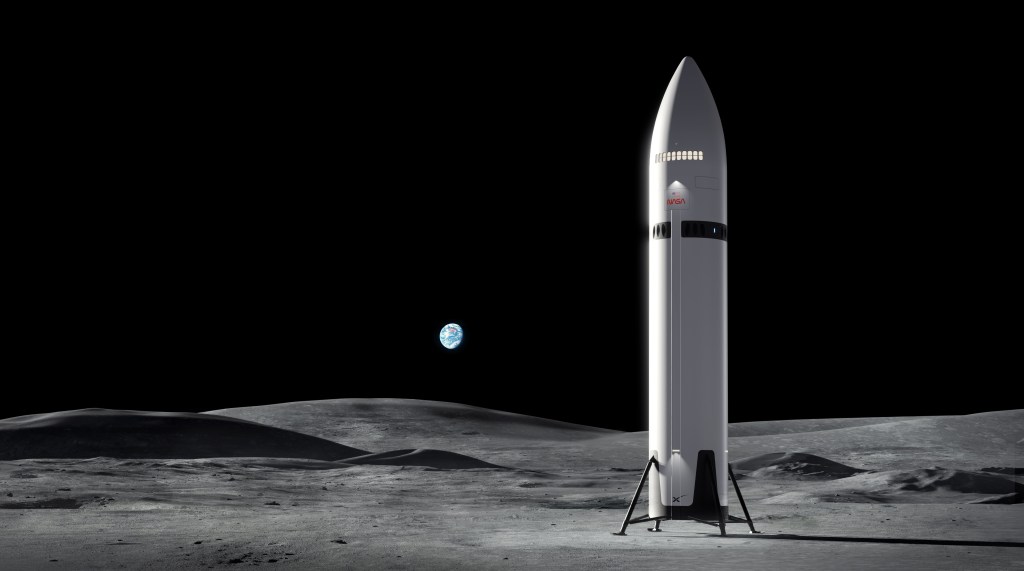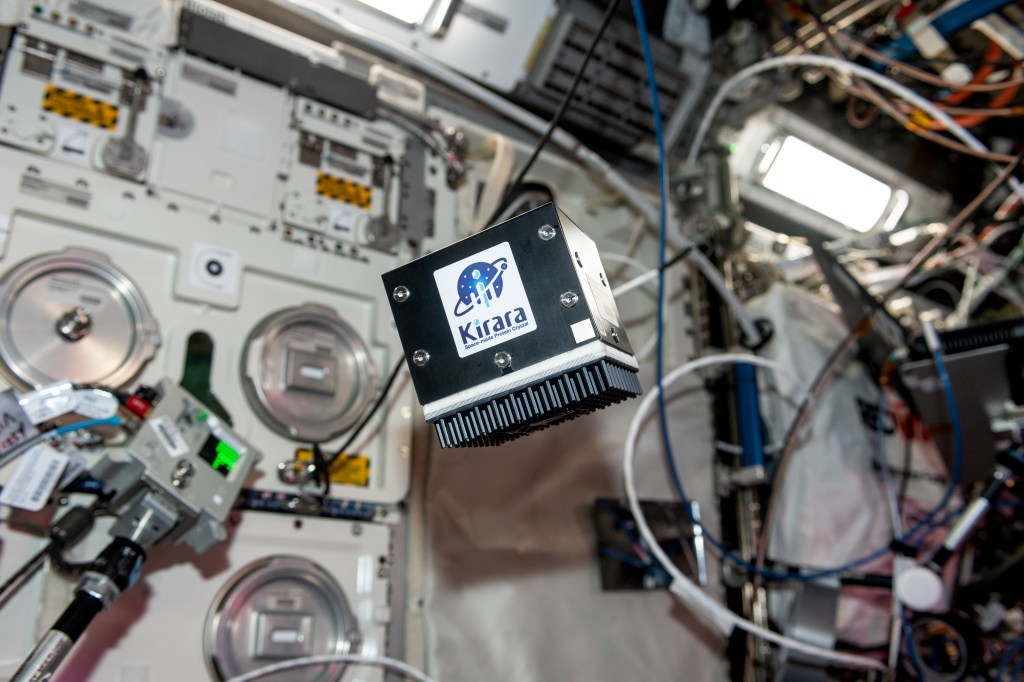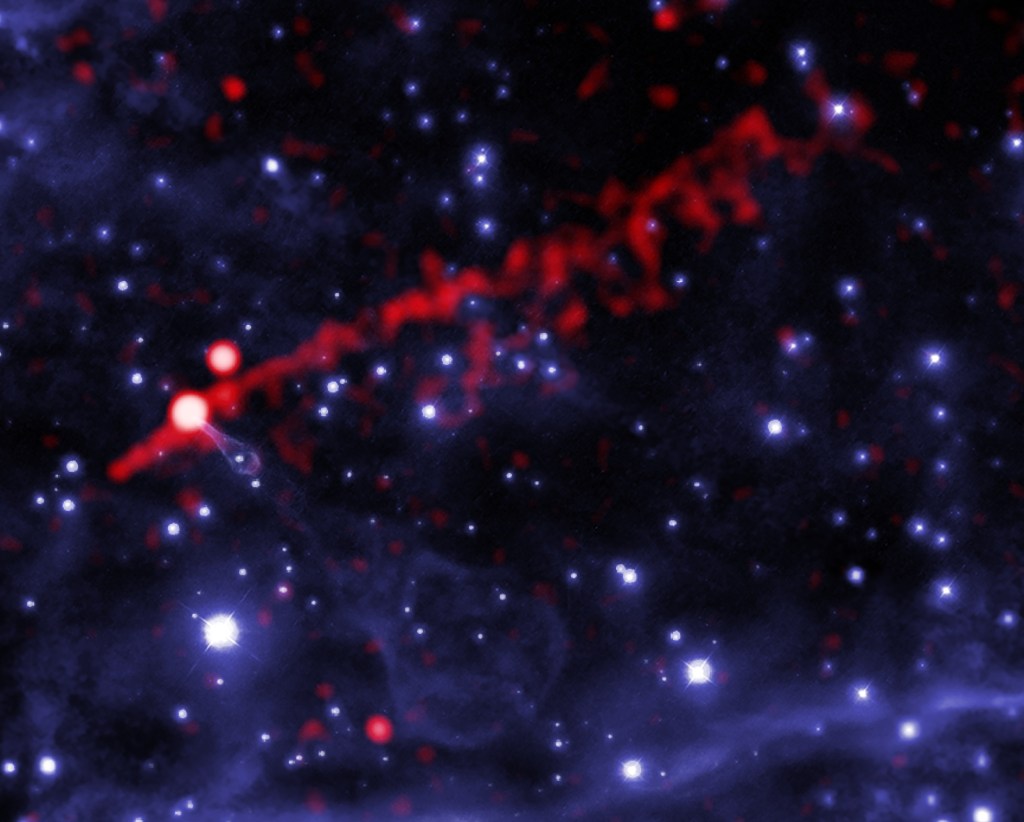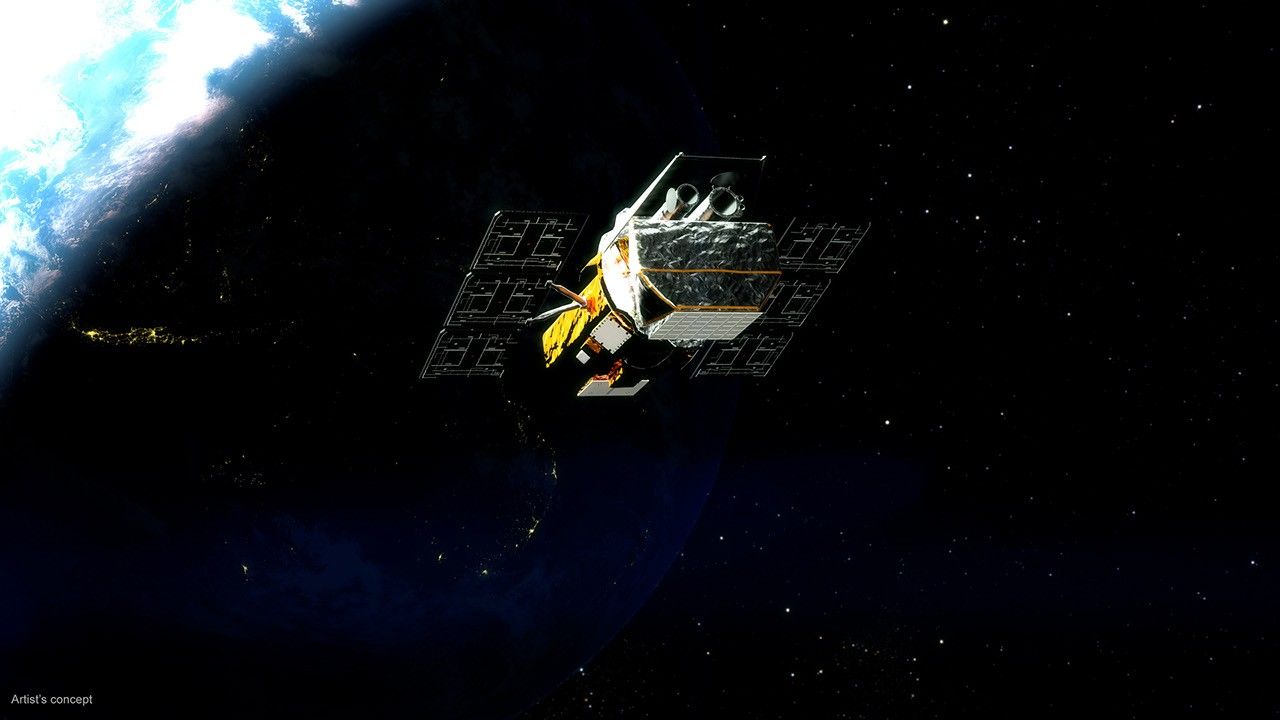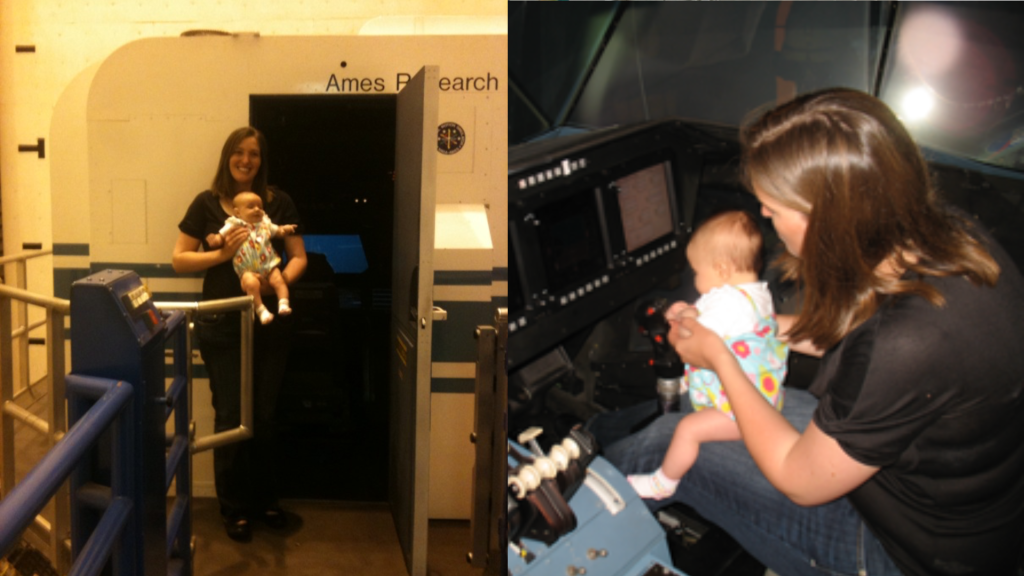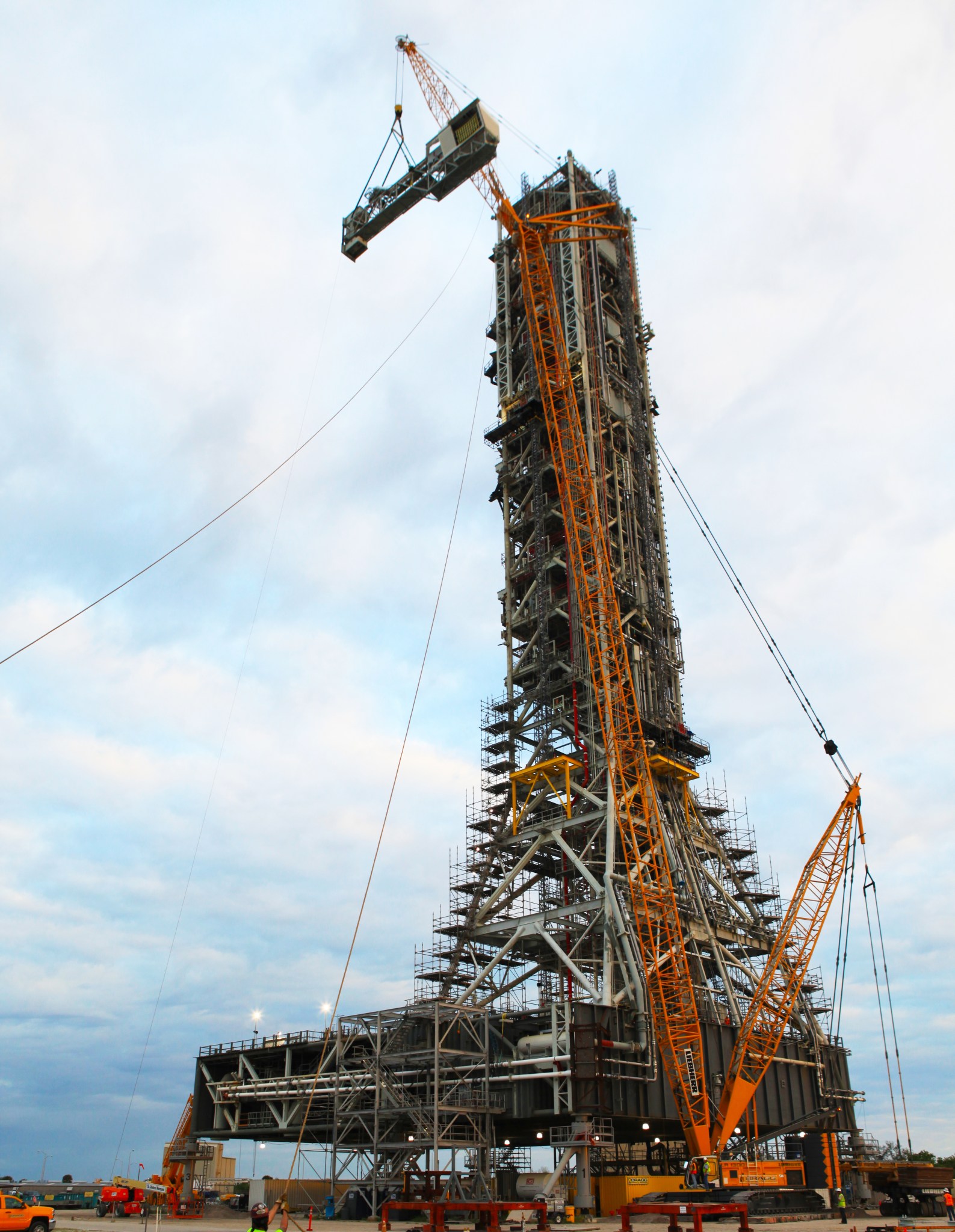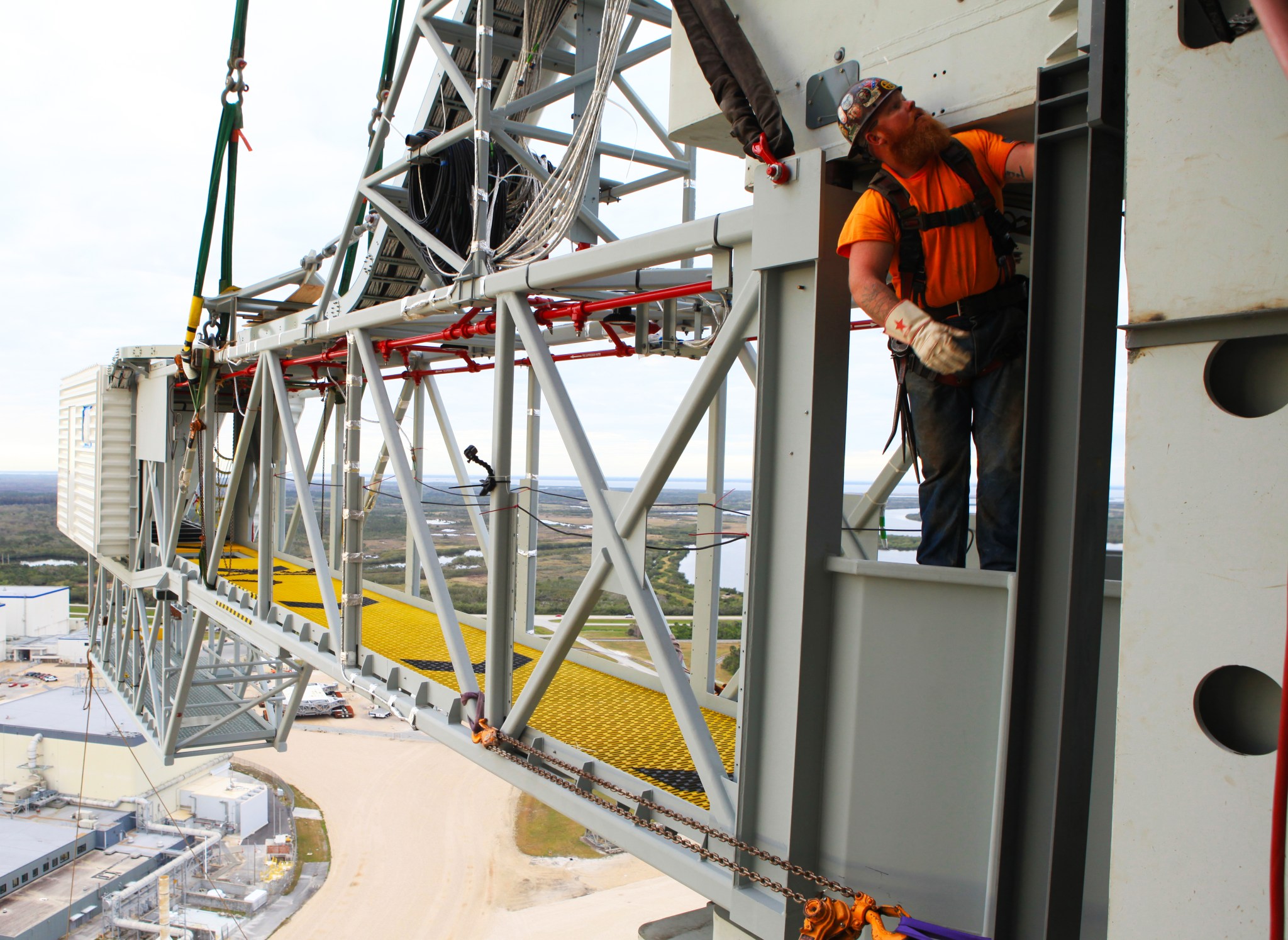By Bob Granath
NASA’s Kennedy Space Center, Florida
As astronauts prepare for trips to destinations beyond low-Earth orbit, their last steps before boarding an Orion spacecraft will be across a crew access arm on the mobile launcher at NASA’s Kennedy Space Center in Florida. This week, the agency reached an important milestone on the path to Exploration Mission-1 with the installation of the crew access arm at about the 274-foot level on the mobile launcher tower.
The Exploration Ground Systems team at Kennedy has been overseeing installation of umbilicals and other launch accessories on the 380-foot-tall mobile launcher in preparation for stacking the first launch of the Space Launch System rocket, called the SLS, with an Orion spacecraft. The SLS will be the largest launch vehicle in the world, designed for missions beyond low-Earth orbit carrying crew and cargo to the Moon or beyond. The initial configuration for what SLS can carry past low-Earth orbit and on to the Moon is more than 26 metric tons, with a final configuration of at least 45 metric tons.
The crew access arm installation marks the completion of 17 of the 20 major launch accessories and umbilicals that provide access, power, communication, coolant, fuel and other services to the launch vehicle and spacecraft. The Interim Cryogenic Propulsion Stage Umbilical and a pair of Tail Service Mast Umbilicals are slated for installation in the spring/summer timeframe.
The crew access arm is made up of two major components — the truss assembly and the environmental enclosure, known as “white room.” It is given that name not only because is painted white, but also because it is kept clean to avoid contaminants entering the spacecraft prior to flight. The crew access arm is designed to rotate from its retracted position and line up with Orion’s crew hatch. The arm will provide entry and emergency egress for astronauts and technicians into and out of the Orion spacecraft.
Although there will be no crew on the first flight, the crew access arm provides a bridge to Orion for personnel and equipment entering the spacecraft and allows the ground crew access for processing and prelaunch integrated testing while in the Vehicle Assembly Building (VAB) and at Launch Pad 39B.
After technicians check out the crew access arm and complete the many other ground support equipment installations, the crawler-transporter will move the mobile launcher out to Launch Pad 39B for a fit-check and then inside the VAB for validation and verification tests.
The mobile launcher’s massive steel tower is engineered to withstand the loads of the umbilicals that will connect to the SLS rocket, as well as to endure the natural forces such as wind, temperature, and vibration. Similar to skyscrapers and other large structures, engineers designed the mobile launcher to withstand the movements associated with predicted loads and compensate for anticipated forces. As each piece of hardware is installed, teams precisely measure the structure to ensure the required alignment of the swing arms and umbilicals with the vehicle interface are within the design tolerances.
NASA’s Mobile Launcher from a Bird’s Eye View
This video provides a bird’s eye view of the crew access arm for the Orion spacecraft and Space launch System rocket being attached to the mobile launcher at NASA’s Kennedy Space Ceneter in Florida.





